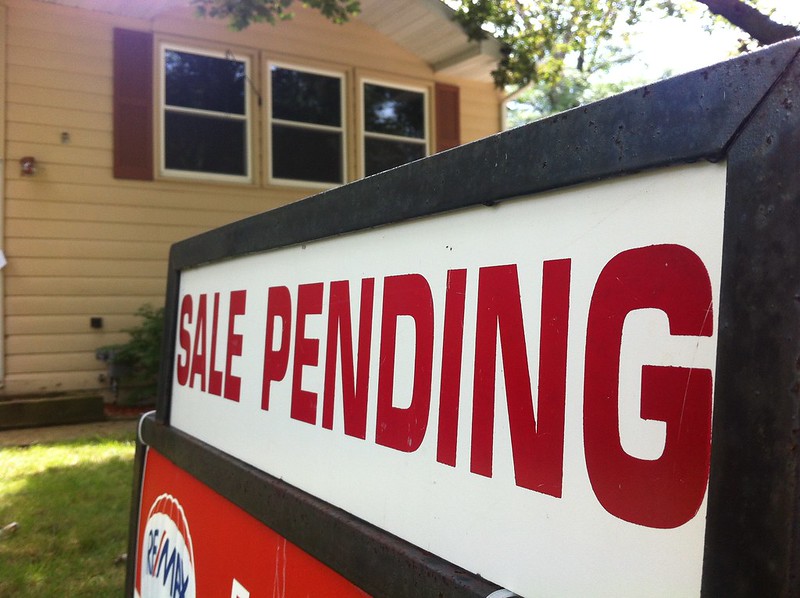In the Bay Area and Beyond, Housing Shortages Make Higher Densities Inevitable

Governments are beginning to allow accessory dwelling units where they didn’t before. They’re rezoning to allow multiple homes per lot. They have to. They’re responding to a housing crisis that needs answers. Otherwise, a state has no way to supply necessary housing in the face of pressing demand.
But hashing out the policies is no mean feat. There’s plenty of opposition to zoning-up for more housing. Residents might see “density” and think: traffic, parking, noise, and so on, in the parade of horribles that will change the character of the neighborhood. Some assume a correlation between density and poverty. (Reality is not so cut and dried. In many cities, the wealthiest sections are dense sections with high-rise penthouses, while populations in neglected areas are relatively sparse.)
Increased density can be beneficial and necessary. Supporting mid-density or high-density housing can curb sprawl, conserve natural areas, and reduce transportation needs.
Continue reading “High-Density Politics and Trends”








